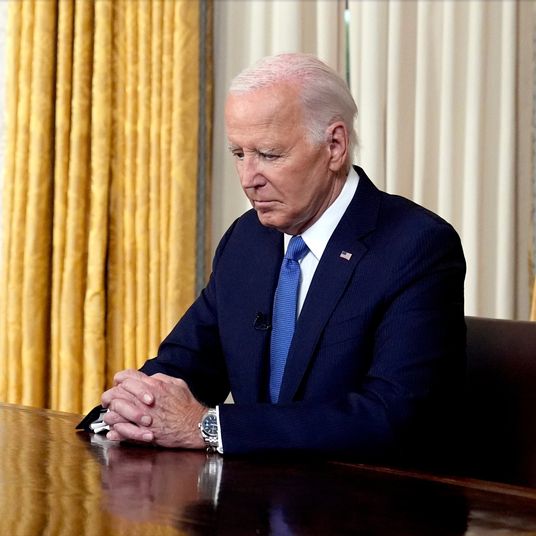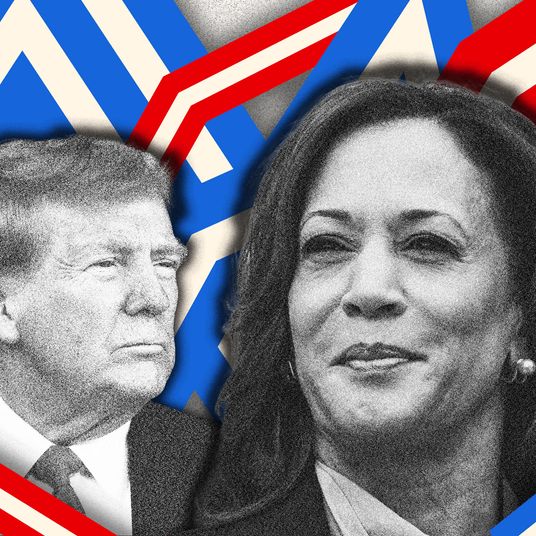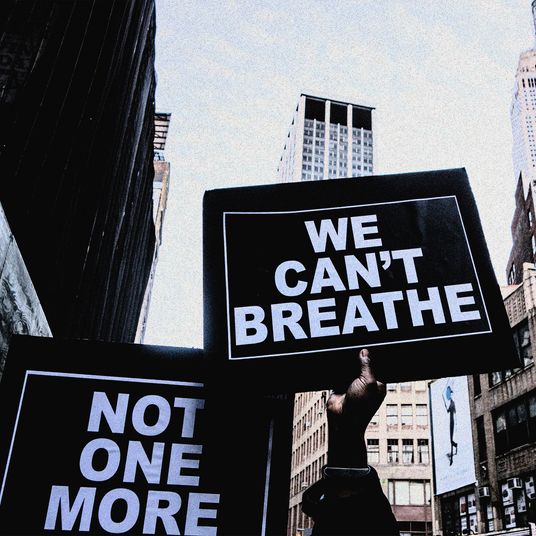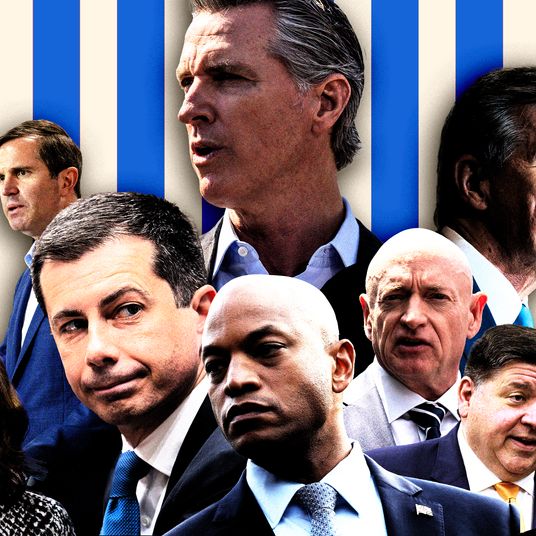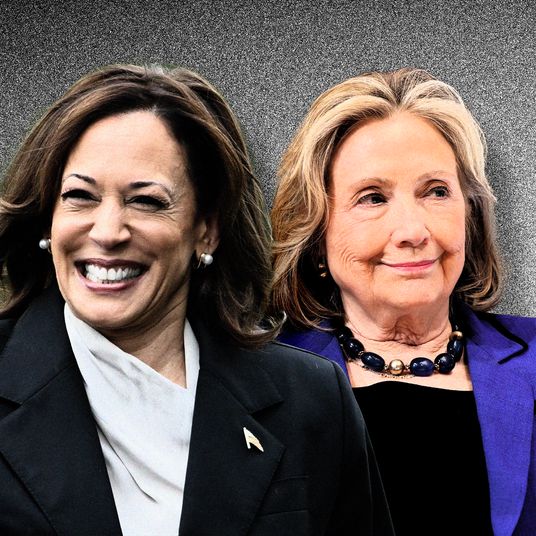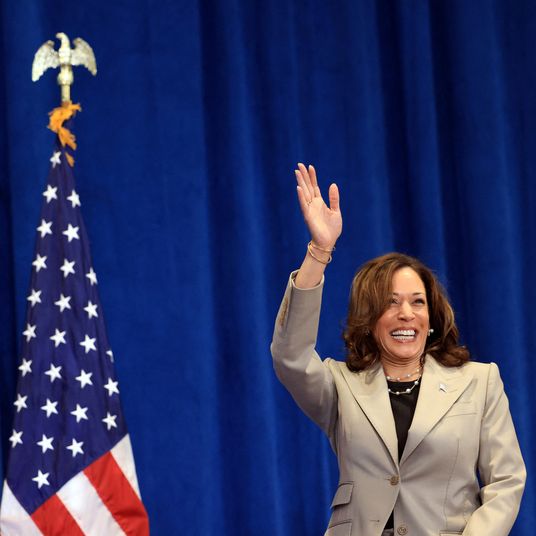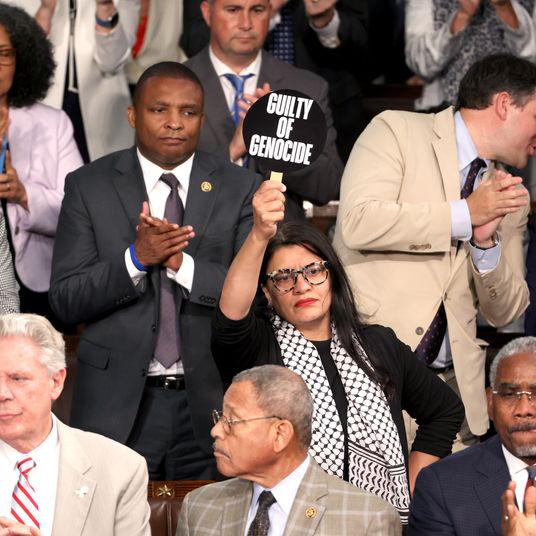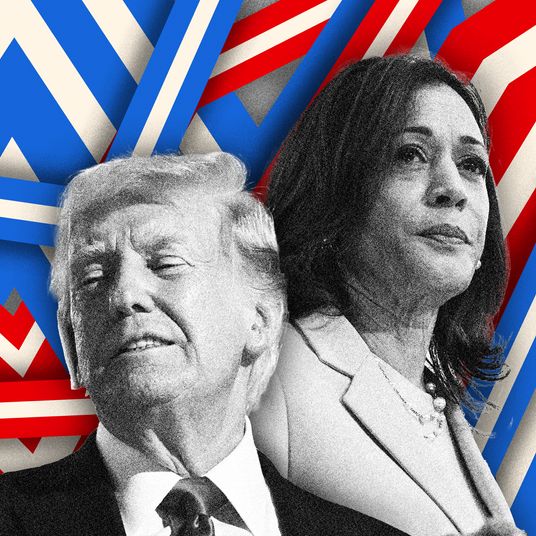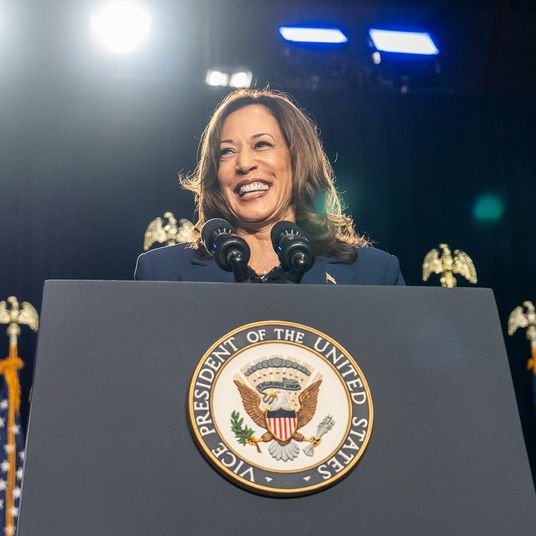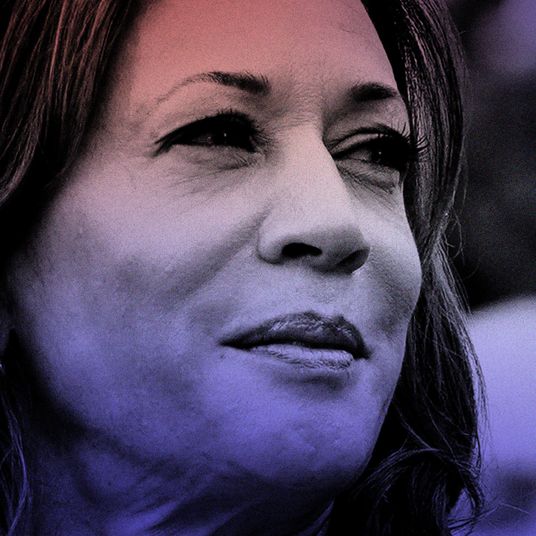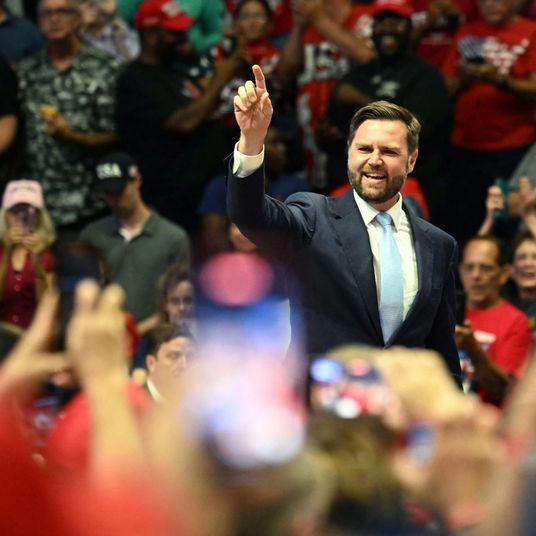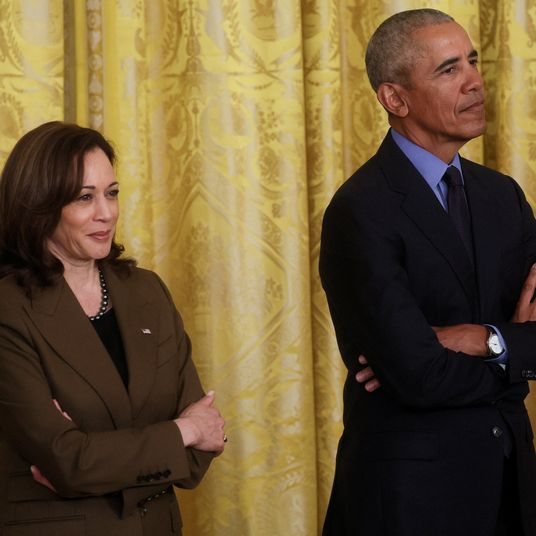
Bernie Sanders has been on a very odd rhetorical crusade to rebrand public assistance to low-wage workers as “corporate welfare” that actually benefits their bosses. This messaging gambit has given Sanders a new way to lambaste the rich (i.e., “It’s time to get Mr. Bezos off welfare”) while framing his ideas in novel ways that appeal to anti-government constituencies. Tucker Carlson excitedly picked up the theme, claiming that Jeff Bezos and other billionaires are “offloading their payroll costs onto taxpayers. This is an indefensible scam. Why is only Bernie talking about it?”
But the entire underlying premise of Sanders’s argument is false. Social welfare benefits workers, not their bosses. Now Sanders has turned his talking point into a piece of legislation whose perverse design and effects only serve to demonstrate the falsity of the assumption that created it.
The Stop Bad Employers by Zeroing Out Subsidies (BEZOS) Act, which Sanders has co-sponsored with left-wing House Democrat Ro Khanna, imposes a tax on large corporations equal to the value of the social spending — specifically, Medicaid, SNAP (food stamps), rental subsidies, and free or reduced-price school meals — collected by their employees. Its intent is to force these firms to raise their employees’ wages high enough so that they no longer qualify for public assistance, in order to avoid paying the new tax.
The Center on Budget and Policy Priorities, a center-left think tank, points out several crippling flaws in this proposal. Penalizing firms who have employees receiving federal benefits would create several perverse side effects. Those firms would have an incentive to avoid hiring employees more likely to receive Medicaid and other forms of assistance — i.e., employees who have families or expensive medical needs. They would also be incentivized both to pressure their employees not to sign up for public assistance and to lobby politically against the expansion of social welfare benefits. State Medicaid expansion would become a large new cost to these companies, and the BEZOS Act would give them a new incentive to oppose it.
The imagined positive effects of the new law would be ineffectual. “Companies that raise wages would have to do so for all workers in particular job categories, not just those who receive public benefit,” the CBPP analysis points out. “That would be more expensive to companies than paying the tax penalty.” As the Center notes, there are several ways to encourage higher wages for low-income workers that, unlike this one, would work. If the goal is to punish companies for paying workers too little, raising the minimum wage (which Sanders also supports) is a more effective tool.
Sanders is not a policy wonk. His political style revolves around reducing all political questions to simple moral fables in which almost every public problem is attributed to the greed of “the billionaire class.” His attacks on public assistance cross the line from brutal oversimplification into outright demagoguery. By forming the argument as a bill whose effects can be predicted, the BEZOS bill performs the service of revealing just how misguided this particular bit of anti-corporate propaganda is.
Update: Warren Gunnels, Sanders’s policy director, replies to the Center on Budget’s analysis:
There is no engagement here with the substance of the paper analyzing the proposal. Instead the “rebuttal” consists entirely of the insinuation that CBPP is somehow corrupted by a donation from the Walton Family Foundation. In addition to the characteristic Sandersian assumptions that policy details are for neoliberal sellouts and the belief that an accusation of corruption can fully substitute for any substantive argument, the accusation itself is comical on its face.
CBPP is not a far left think-tank, but it obviously does not follow the self-interest of the Walton Family. CBPP’s analysts have spent decades picking apart the economic and fiscal rationale for cutting taxes on rich people, businesses, and (of special interest to the Waltons) the estate tax. Moreover, its expertise in,and devotion to, the cause of supporting the social safety net for the most vulnerable Americans is unmatched anywhere. To smear it as a pawn of the rich because it decisively refuted a terribly-designed Sanders message bill says more about Sanders than his target.






